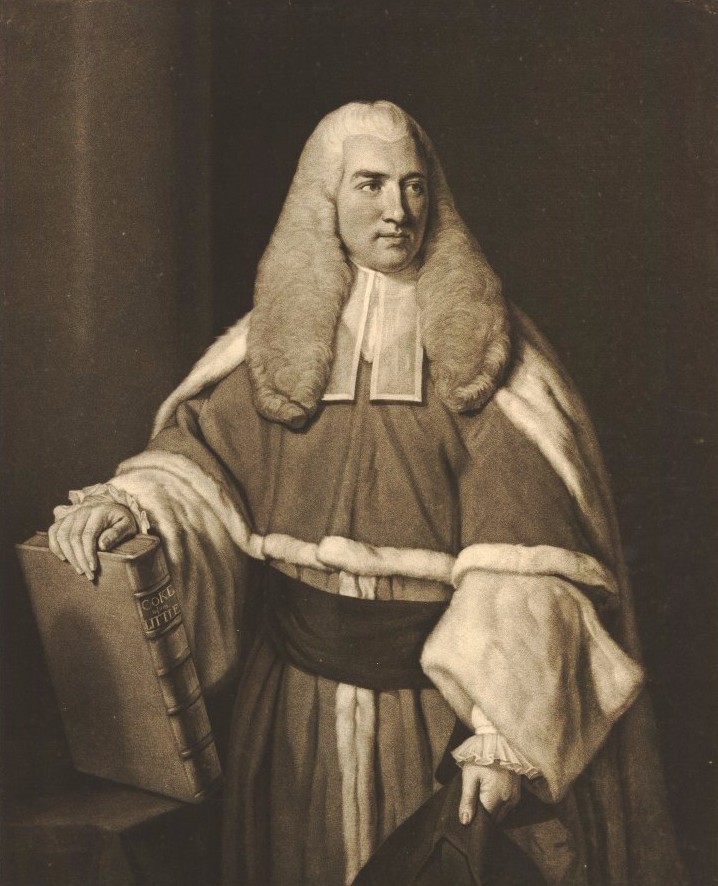Beaumont Hotham, 2nd Baron Hotham on:
[Wikipedia]
[Google]
[Amazon]
 Beaumont Hotham, 2nd Baron Hotham (1737–1814) was an English judge and politician who sat in the
Beaumont Hotham, 2nd Baron Hotham (1737–1814) was an English judge and politician who sat in the
 Beaumont Hotham, 2nd Baron Hotham (1737–1814) was an English judge and politician who sat in the
Beaumont Hotham, 2nd Baron Hotham (1737–1814) was an English judge and politician who sat in the House of Commons
The House of Commons is the name for the elected lower house of the bicameral parliaments of the United Kingdom and Canada. In both of these countries, the Commons holds much more legislative power than the nominally upper house of parliament. ...
from 1768 to 1774.
Life
He was the fourth son of Sir Beaumont Hotham, 7th Baronet and his wife Frances Thompson of Welton, Yorkshire;Sir Charles Hotham-Thompson, 8th Baronet
General Sir Charles Hotham-Thompson, 8th Baronet (18 June 1729 – 25 January 1794) was a British Army officer and Member of Parliament.
He was the eldest son of Sir Beaumont Hotham, 7th Bt., of Beverley, in the East Riding of Yorkshire. He was ...
was the eldest son. He became a Lord Commissioner of the Great Seal in 1783 and a Baron of the Exchequer
The Barons of the Exchequer, or ''barones scaccarii'', were the judges of the English court known as the Exchequer of Pleas. The Barons consisted of a Chief Baron of the Exchequer and several puisne (''inferior'') barons. When Robert Shute was a ...
for thirty years, from 1784 until February 1805. He became 2nd Baron Hotham in May 1813 upon the death of his elder brother, William Hotham, 1st Baron Hotham
Admiral William Hotham, 1st Baron Hotham (1736–1813) was an officer in the Royal Navy. He was the son of Sir Beaumont Hotham (died 1771), a lineal descendant of Sir John Hotham.
Biography
Hotham was educated at Westminster School and at the R ...
. He was succeeded as 3rd baron by his grandson, Beaumont Hotham, 3rd Baron Hotham (1794–1870).
He was an MP for Wigan
Wigan ( ) is a large town in Greater Manchester, England, on the River Douglas, Lancashire, River Douglas. The town is midway between the two cities of Manchester, to the south-east, and Liverpool, to the south-west. Bolton lies to the nor ...
from 1768 to 1774, and helped prepare the Madhouses Act 1774
The Madhouses Act 1774 (14 Geo. 3 c.49) was an Act of the Parliament of Great Britain, which set out a legal framework for regulating "madhouses" (insane asylums).
Background
By the mid-eighteenth century, the common methods in the United King ...
. He resigned for his appointment as Baron of the Exchequer
The Barons of the Exchequer, or ''barones scaccarii'', were the judges of the English court known as the Exchequer of Pleas. The Barons consisted of a Chief Baron of the Exchequer and several puisne (''inferior'') barons. When Robert Shute was a ...
; he was then succeeded in Parliament in the by-election of 1775 by John Morton.
Family
Hotham married in 1767 Susanna Hankey, daughter of Sir Thomas Hankey, as her second husband. They had threes sons and three daughters. Of the children: *Beaumont (1768–1799) married Philadelphia Dyke (died 1808), daughter of Sir John Dixon Dyke, 3rd Baronet, and was the father of Beaumont Hotham, 3rd Baron Hotham *Henry
Henry may refer to:
People
*Henry (given name)
* Henry (surname)
* Henry Lau, Canadian singer and musician who performs under the mononym Henry
Royalty
* Portuguese royalty
** King-Cardinal Henry, King of Portugal
** Henry, Count of Portugal, ...
(1777–1833), Royal Navy officer
*Frederick (died 1854), a cleric.
*Frances, married in 1797 John Sutton.
*Amelia, married in 1798 John Woodcock.
*Louisa, married firstly Sir Charles Edmonstone, 2nd Baronet
Sir Charles Edmonstone, 2nd Baronet (10 October 1764 – 1 April 1821), also 12th of Duntreath, was a Scottish politician.
Edmonstone was the third son of Sir Archibald Edmonstone, 1st Baronet. He was educated at Eton College and subsequently at ...
, and secondly Charles Woodcock.
References
Monumental inscription in South Dalton church, Yorkshire 1737 births 1814 deaths Barons of the Exchequer Members of the Parliament of Great Britain for English constituencies British MPs 1768–1774 British MPs 1774–1780 Barons in the Peerage of Ireland {{US-judge-stub